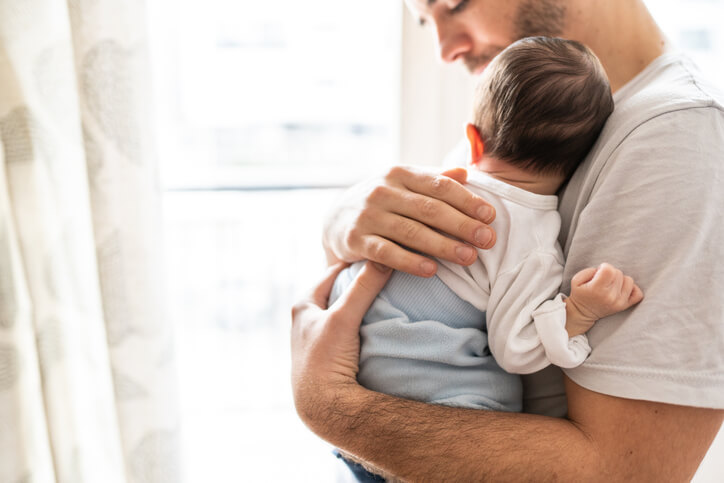 Babies are expensive. Getting married is expensive. Having a wife is expensive. All of these are considerations to be had when you have support obligations arising out of a first marriage. Many people think that since the payor (the one paying support) has a “new family,” the obligation to the first spouse will cease. This is not the case.
Babies are expensive. Getting married is expensive. Having a wife is expensive. All of these are considerations to be had when you have support obligations arising out of a first marriage. Many people think that since the payor (the one paying support) has a “new family,” the obligation to the first spouse will cease. This is not the case.
In New York, spousal support can only be modified when 1) a substantial change in circumstances has taken place, 2) at least three years have passed since the spousal support order was entered or last modified, or 3) there has been at least a 15% change in either spouse’s income. A second family is not considered a substantial change in circumstances. absent a change in the payor’s income, having obligations to a subsequent family is not enough to amount to a change in circumstance necessary to be shown for granting a modification of support.
There is much case law to support this. Notably, New York courts recognize that “financial obligations to a first family take priority over financial obligations that result from a subsequent family.” Tawil v. Tawil, 34 Misc. 3d 812, 817 (Sup. Ct. 2011), citing Patell v. Patell, 91 A.D.2d 1028 (2d Dept. 1983). As the Second Department put it, “[a] divorced husband’s remarriage and a child born of this remarriage are not such circumstances as would warrant a reduction in support provisions, where the husband’s income remains unchanged.” Windwer v. Windwer, the court held, 39 A.D.2d 927, 928 (2d Dept. 1972) (emphasis added).
Similarly, in Matter of Proceeding for Support under Article 4 of Family Court Act, 89 Misc. 2d 666, 669–70 (Fam. Ct. 1976), the court held that remarriage and subsequent children is only one factor weighed by courts in determining whether there is a change of circumstances supporting a modification of support. There, the court refused for Petitioner’s remarriage and duty to support his new children to be considered in decreasing Respondent’s alimony since he “failed to sustain a showing of a reduction of income.” Id.
Thus, the needs of a second family and subsequent child are not considered, if at all, until after the payor ex-spouse can show a change in income of at least 15%. The second family obligations are not in and of themselves enough to ask for a downward modification of support. Swartz v. Swartz 43 A.D.2d 1012, 1013 (4th Dept. 1973).

